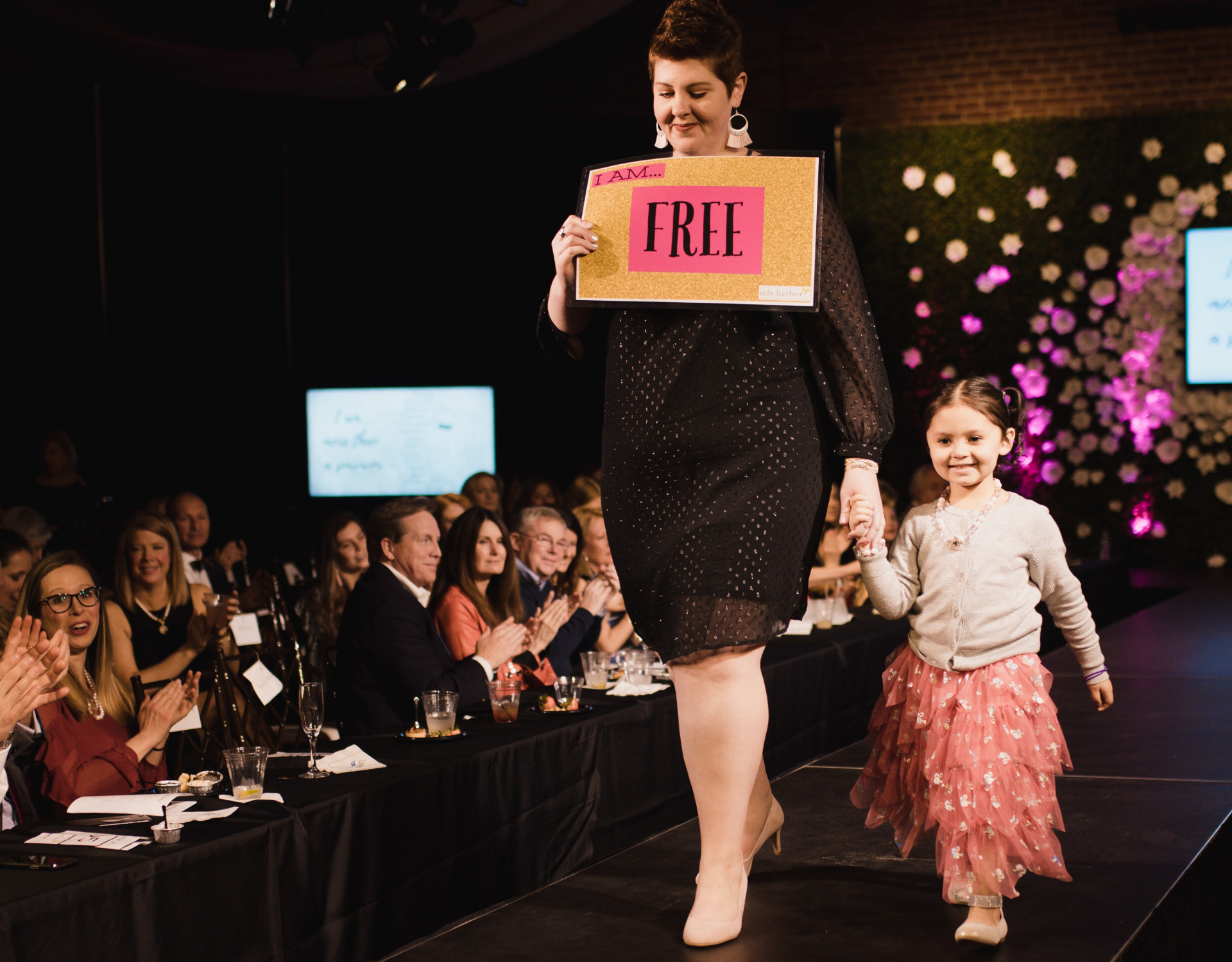by Chauncey Beaty, Greenville/Pickens REP Educator
“It is with true love as it is with ghosts; everyone talks about it, but few have seen it.” -Francois de La Rochefoucauld
“Sometimes you just have to get a woman focused, Ms. Beaty.” This comment eased from one of my male student’s lips with a cocky posture. It was my first week as a REP Educator for Safe Harbor. He continued, “So, you know, I hit her a lil’ bit, but not too much. You know, just enough to straighten her up.” A few days later, a female student dotingly explains, “He gets mad if I’m hanging out with other guys. But, like, I kinda like it…it’s how I know he loves me.”
I quickly realized the jewel for our REP curriculum is not in merely providing dating violence awareness, but in creating a cultural paradigm shift in how the students think about both love and violence. What does a healthy relationship look like?
For many of the students I reach, violence is normalized –a default solution for conflict. Healthy love is a new concept for them with few examples readily available. Many students share stories of violence that they have witnessed in their homes and communities. They pushback when I give the report of Chris Brown’s abuse to Rihanna. They say, “She had to do something to make him become violent.” When I respond, saying, “Well, what about his fight with Drake or Frank Ocean or the time he got upset and threw a chair backstage after that interview?” The students say, “Rihanna deserved it.” This notion of ‘deserving violence’ or “victim-blaming” is a commonly-shared belief among my students – all ages, genders, ethnic/racial backgrounds, and social economic classes.
This summer, my colleague, Amanda, and I are continuing to develop the REP curriculum. I believe it is critical for us to create a practical program that challenges cultural norms of violence and provides students with the tools to engage in healthy emotional communication, especially during conflicts and break-ups. We also recognize the importance of talking with the students about self-worth and healthy self-esteem in order for healthy relationship behaviors to develop and thrive.
Statistics show that 1 in 3 teenagers will experience abuse in a relationship. How do we begin to change this cultural norm? Primary violence prevention research explains that students and the adults who influence them (parents, teachers, coaches, mentors) must learn not only about what to avoid (abuse, violence, unhealthy relationship behaviors) but also what they deserve in a healthy relationship (respect, honesty, open communication, freedom to make their own choices). We are working to insure that REP provides this vital information for young people in the Upstate of South Carolina, ultimately providing a safer and healthier future for our students and for the generations to come.
To learn more about Safe Harbor’s REP program, visit www.repsc.org.




